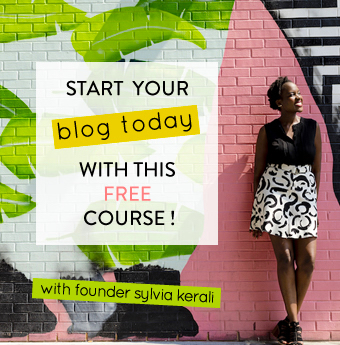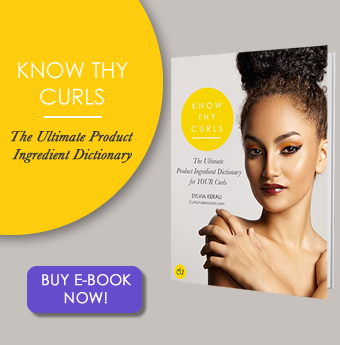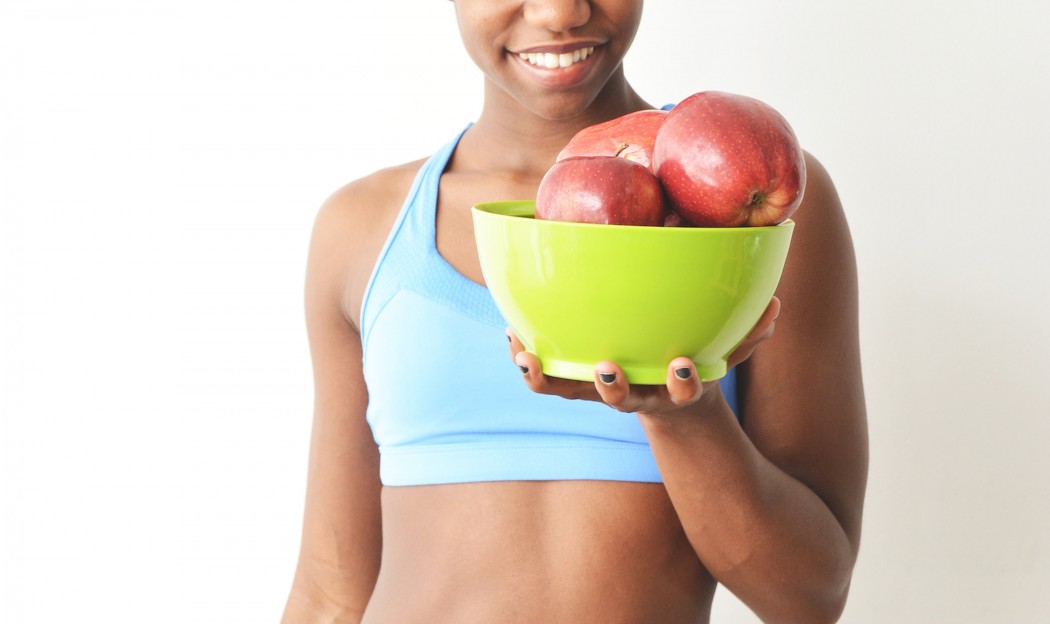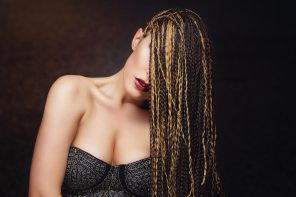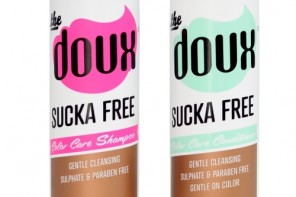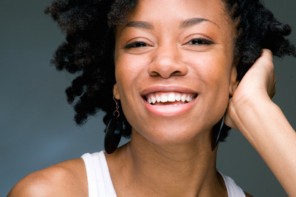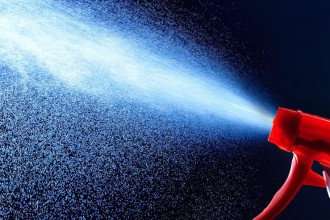A week ago I asked some of my Facebook friends, what natural hair care advice they would pay a professional to receive? The answers varied widely but most responses listed the following three concerns:
1. How do you retain hair length?
2. What kind of products are good for my hair type(s)?
3. How to use products on my child’s hair?
From what I’ve experienced with the naturals I know, many of them don’t know the importance of nutrition and the affect it has on the health of hair. While eating healthy has multiple benefits for your body, hair and nails become particularly challenging as they’re always the last to receive nutritional love.
When you are good to your body your body is good to you.
On May 15th, 2015 I decided to become a vegan. I began with a juice fast for 14 days (my original goal was for 30 days, but that story is for another post… lol). I researched the benefits of adopting a plant-based lifestyle, and I wanted to give it a try. Yes the first week was AWFUL! Can you say withdrawal?! But by the following week I felt phenomenal. My energy was through the roof, and I felt wonderful.
By day 14, I started to see a change in my skin, hair, and nails. My skin was glowing, and my hair was noticeably healthier looking. It had a natural shine, less shedding, and it was highly moisturized. My nails were strong and growing like crazy. It is true, when you are good to your body your body is good to you.
UNDERSTANDING NUTRIENTS
Ok so let’s start with some facts and tips on what foods and vitamins benefit your hair. The essential omega-3 fatty acids, protein, vitamin B12, and iron, found in fish sources, prevent a dry scalp and dull hair color. Dark green vegetables contain high amounts of vitamins A and C, which help with production of sebum and provide a natural hair conditioner.
Legumes provide protein to promote hair growth and also contain iron, zinc, and biotin. Biotin functions to activate certain enzymes that aid in metabolism of carbon dioxide as well as protein, fats, and carbohydrates. A deficiency in biotin intake can cause brittle hair and can lead to hair loss. In order to avoid a deficiency, individuals can find sources of biotin in cereal-grain products, liver, egg yolk, soy flour, and yeast. Nuts contain high sources of selenium and therefore are important for a healthy scalp.
Alpha-linoleic acid and zinc are also found in some nuts and help condition the hair and prevent hair shedding that can be caused by a lack of zinc. Protein deficiencies or low-quality protein can produce weak and brittle hair, and can eventually result in loss of hair color. Low-fat dairy products( or almond, coconut, and soy milk) are good sources of calcium, a key component for hair growth. A balanced diet is necessary for a healthy scalp and hair.
VITAMINS
Queens, a good multivitamin can be the foundation of healthy diet and nutrition. Changes in skin and hair can provide clues to the presence of an underlying vitamin deficiency. Hair ultimately reflects the overall condition of the body. Any health problems or nutritional deficiencies hair may stop growing or become brittle. If your body is in good health, it’s possible to maximize genetic growth cycles through taking the proper blend of amino acids and B-vitamins.
Please remember that a multivitamin is not a “cure all”, so please get in at least 3 meals/2 snacks per day. So many women take multivitamins, and don’t know what they specifically do for the hair. In part two, I will explain these vitamins, and their benefits. See you there!
Photo Credit: CreateHer Stock
